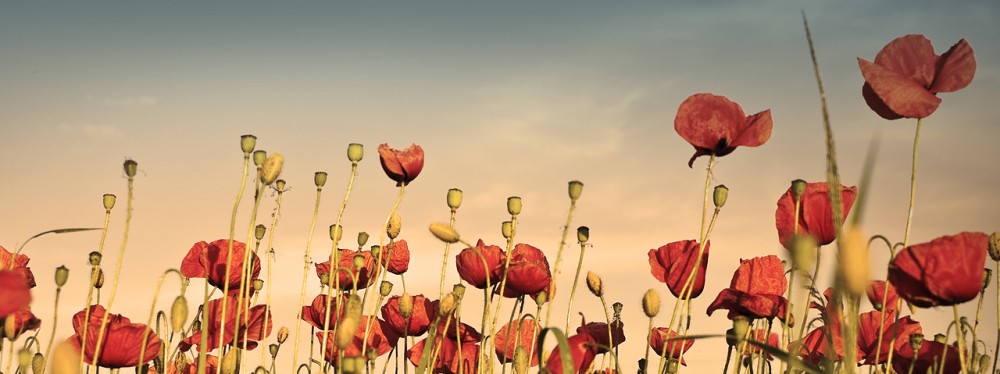The Tooting and Balham Gazette of 22nd January 1916 carried several columns by the owner/editor of the paper, A J Hurley, on the lack of a Tooting representative on the Wandsworth Military Tribunal. Hurley was one of the councillors for Tooting, and last year was vocal about the levels of pay in the Tooting workrooms in the paper, so often used it as an extra platform to promote his area with the Council. The Prime Minister and the President of the Local Government Board had given assurances that the Tribunals would be made up of men with local knowledge – but there was no representative for Tooting on the Wandsworth Tribunal, although Hurley described it as “that densely populated portion of the borough which has given such a huge proportion of its male population to the service of the country”.
Appeals to the Tribunal made from Tooting men had been rejected “by men who possess no local knowledge of Tooting” – although as this post on the Battersea Tribunal shows, many appeals were rejected by that Tribunal. Representations were made to the Local Government Board and the Tooting Recruiting Committee unanimously agreed that Alderman Mellhuish should represent the ward. The Mayor interviewed the Alderman and obtained his consent to serve, but the Council’s General Purposes Committee rejected it. TheGazette also objected to the timing of the Tribunals – they were held during the day, usually in the mornings – as it was bad for workers and for employers, suggesting that members of the Tribunal “were only prepared to meet at times convenient to themselves” and that they should be prepared to make a sacrifice for the war effort and meet at other times of day. Cllr Hurley also said that if he were Mayor, “my resignation…would have been both prompt and emphatic”. At a Special Meeting of the Council on 9th February, Alderman Mellhuish and Cllr Garrett – one of the Balham Ward councillors – were added to the members of the Tribunal, so the Gazette’s campaign was a successful one.
Elsewhere in the local papers, the main Tooting-related story this week was the story of Robert Lubbock – reported in the Wandsworth Borough News. Robert was 17 and ineligible for military service due to poor eyesight so was the mess-room steward on a Government employed ship, currently moored in a semi-tropical harbour. One of the fire-men fell overboard into shark infested waters, Robert and one of the ship’s apprentices dived in to try and save him. According to the paper “The Fireman was unfortunately killed by a shark, but happily both boys got back to the ship unharmed”, and the paper was clearly proud of the local boy’s efforts.
Tooting and Balham Gazette and Wandsworth Borough News both available on microfilm.
Minutes of the Wandsworth Military Service Tribunal, ref: MBW/2/30/1

